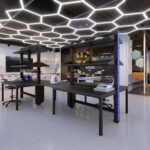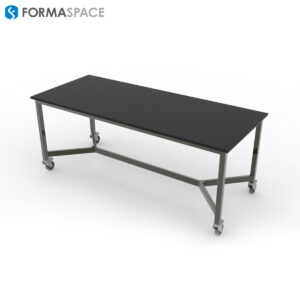A company is nothing without honesty – a trusted bond between customers and its products. Volkswagen is going to have to relearn that lesson the hard way.
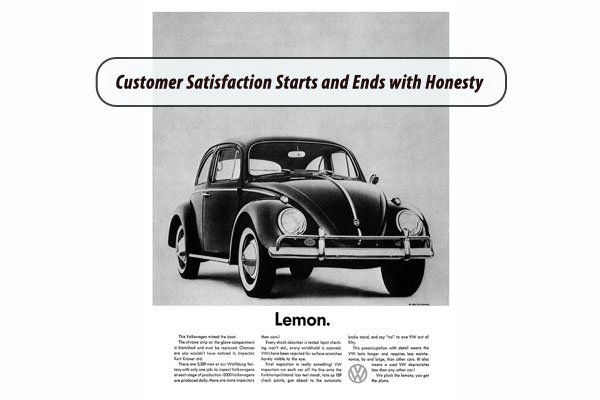
What is Volkswagen’s Goal? To Have the Most Satisfied Customers in the World
It was all going so well. Despite a bruising corporate leadership fight this past spring with Ferdinand Piëch (the grandson of Ferdinand Porsche no less) Volkswagen’s Martin Winterkorn appeared to be on track. As the leader of the sprawling Volkswagen Group, Winterkorn’s fastidiousness and attention to detail had become something of a legend. As an engineer, Winterkorn took great interest in the materials and construction techniques used in the manufacture of all of the Volkswagen Group’s product lines, including VW, Audi, Skoda, Bentley and Bugatti.
During an interview on German television, Winterkorn was asked about VW’s stated goal to be the world’s largest car manufacturer. His response was clever: it’s not that we want to be the world’s largest car maker, necessarily, but if we achieve all of our goals, we will be. If we have the most satisfied customers in the world, it follows that the Volkswagen group will be the world’s largest car manufacturer. To achieve this goal over the long term there was a key problem that Winterkorn needed to address: lagging car sales in the US. VW’s share of the North American car market has yet to replicate the high water mark of the 1950s and 1960s, when the VW beetle was a hugely popular rolling counter-cultural institution driven by the likes college professors, hippies, teachers, homemakers and even thrifty executives.
In Europe, Volkswagen led the market in great part thanks to its innovative diesel engines. Europeans found the VW diesel cars practical, sporty, and very economical. Clearly, if Volkswagen could reintroduce diesel cars to American consumers (while complying with increasingly stringent American pollution admissions standards) they would have a winner on their hands. So VW’s powerful marketing engine revved up, driving home the message that the new generation of Volkswagen diesels were clean running, using new technology that protected the environment while achieving great mileage.
There was also a second message. Volkswagen needed to persuade customers that VW diesel engines were fast off the mark, powerful and fun to drive.

For Volkswagen’s sister brand Audi, which is targeted at a more upscale clientele, the message was slightly different: Audi owners have a greater awareness of technology in protecting the environment than the average Joe. In the commercial clip above, the closing tag line is “This is Truth in Engineering“. If it were only so.
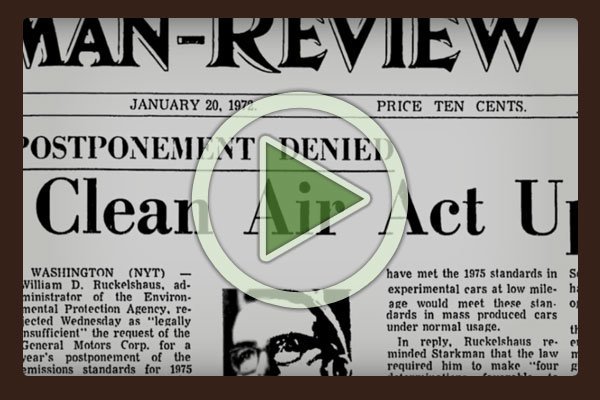
Volkswagen Customers May Have Been Satisfied but at What Cost?
Enter the West Virginia University (WVU) Center for Alternative Fuels, Engines and Emissions. According to the New York Times, the International Council on Clean Transportation, which has for years studied ways to control pollution, particularly for large diesel trucks decided to focus on small diesel passenger cars. They commissioned the WVU Center for Alternative Fuels, Engines and Emissions to investigate the real world pollution emitted by two late model Volkswagen diesels, a 2013 Passat and a 2012 Jetta as well as a BMW X5 SUV. The numbers didn’t add up. In real world driving conditions, the VW diesel engines emitted up to 40 times the allowable limit of nitrous oxide pollution. These findings were reported to the EPA and the California Air Resources Board (CARB) back in May 2014. VW responded saying that the issue was due to technical problems and testing conditions.
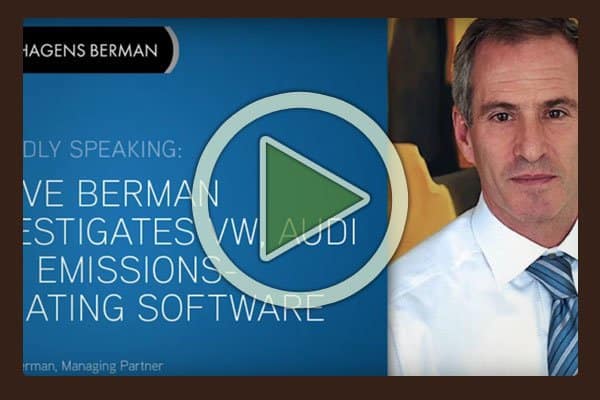
Volkswagen Admitted to Using a “Defeat Device” and Lost Trust of it’s Customers
In a stunning development this week, Volkswagen admitted it used a “defeat device” in the engine computer software that was able to sense when the car was being tested for pollution output. When the car sensed it was being observed, it would control pollution in accordance with regulations, otherwise it wouldn’t stay in compliance. In response to Volkswagen’s admission, its stock lost 17% on Monday, reducing the value of the company by $15 billion in a single day. Volkswagen now reports that up to 11 million cars are affected worldwide and reports suggest that the US government penalties could total up to $18 billion.
Clearly, Martin Winterkorn’s job is on the line. Given his personal level of attention to detail and focus on research and development across the VW group, he has much to answer for. The next board meeting is this Friday, and it’s quite possible he will be sent packing. UPDATE at 10:15 a.m. Wednesday: Just as we published this article, Martin Winterkorn announced his resignation as the leader of Volkswagen Group. His resignation statement:
“I am shocked by the events of the past few days. Above all, I am stunned that misconduct on such a scale was possible in the Volkswagen Group. As CEO I accept responsibility for the irregularities that have been found in diesel engines and have therefore requested the Supervisory Board to agree on terminating my function as CEO of the Volkswagen Group. I am doing this in the interests of the company even though I am not aware of any wrongdoing on my part. Volkswagen needs a fresh start – also in terms of personnel. I am clearing the way for this fresh start with my resignation.I have always been driven by my desire to serve this company, especially our customers and employees. Volkswagen has been, is and will always be my life. The process of clarification and transparency must continue. This is the only way to win back trust. I am convinced that the Volkswagen Group and its team will overcome this grave crisis.”
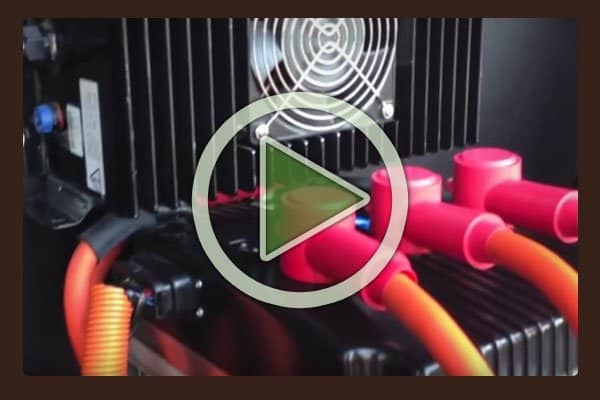
We hope that Volkswagen will recover from this scandal by returning to its roots as a symbol of an honest product for an honest days work. The can-do spirit of Volkswagen Beetle was the embodiment of honesty itself. The VW bug helped inspire lots of young engineers, including those who helped create the open software movement. Perhaps it’s time to heed the words of Columbia University law professor Eben Moglen, who believes that the most secure way to protect ourselves is to make all software open and subject to inspection. We’re curious if you agree.
At Formaspace, We take Customer Satisfaction Very Seriously

We invite you to join the roster of satisfied Formaspace technical, manufacturing and laboratory furniture clients — including Apple Computer, Boeing, Dell, Eli Lilly, Exxon Mobile, Ford, General Electric, Intel, Lockheed Martin, Medtronic, NASA, Novartis, Stanford University, Toyota, and more.
Give us a call today at 800.251.1505 to find out more about the Formaspace line of built-to-order computer workstations, industrial workbenches, laboratory furniture, lab benches and dry lab/wet labs — as well as our design / furniture consulting services. Like all Formaspace furniture, it’s backed by our famous 12 year, three shift guarantee.



